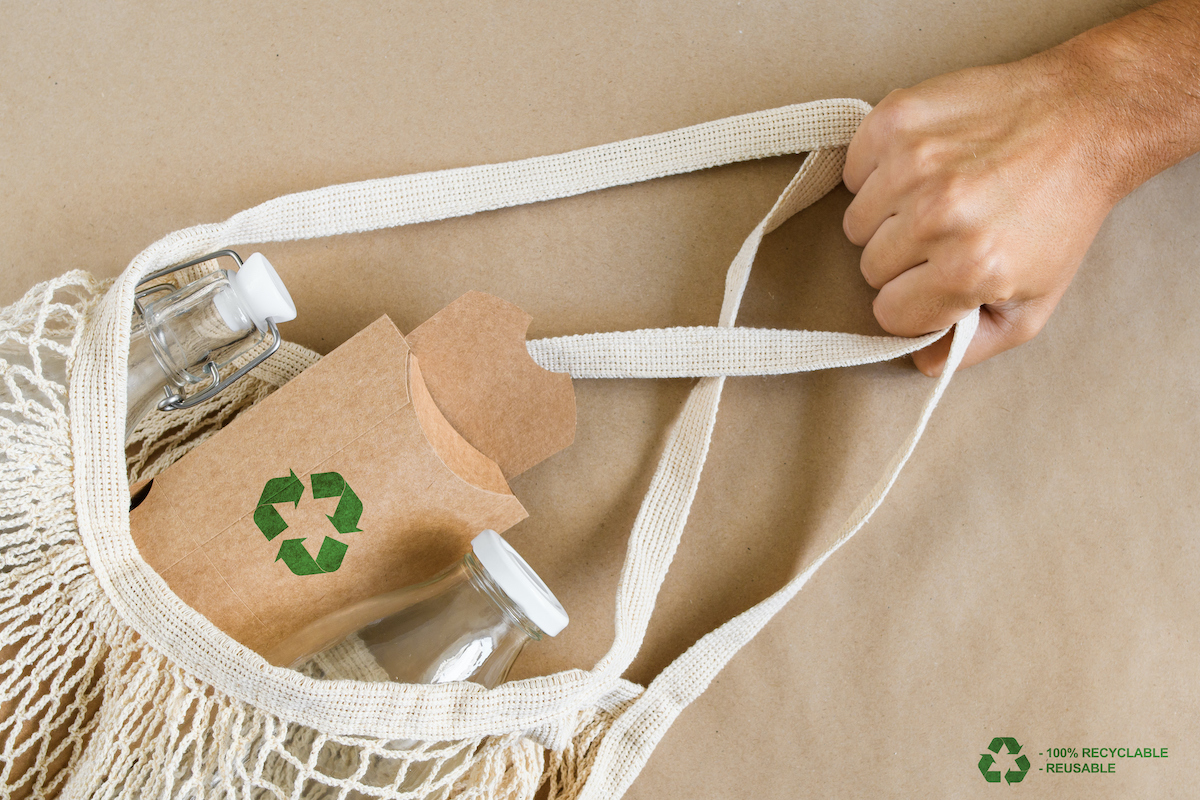How To Deal With Sustainability Fatigue
Sustinability is a marathon, not a sprint.

Being environmentally conscious can be exhausting.
Individuals are made to feel like the entire responsibility of saving the earth is on our shoulders, while big companies get away with polluting our planet with little to no accountability, and much less guilt. Plus, marketing ploys like “greenwashing,” or pretending things are more sustainable than they really are, are rampant and can make it hard to trust what is and isn’t good for the environment.
And many attempts to point out how pointless some approaches to sustainability are can end up discouraging people from trying at all.
But improving your sustainability on an individual level isn’t impossible. It’s a marathon, not a sprint, and it doesn’t have to be an all-or-nothing situation.
Here are some methods of making sustainability work for both you and the world you live in.
Different people, different methods
There is a lot of variation when it comes to what people can realistically do for sustainability. A person living in the suburbs will have different issues from someone living in a city. Someone who rents will have different options from a homeowner.
The important part is to find the methods that work for you and how you live.
Not all areas have accessible public transit, and not all homes are in good areas for solar panels or rainwater collection.
The best way to be sustainable is to acknowledge your impact on your surroundings and to get involved in your community. From community gardens, to local cleanup programs, sometimes the best way to save the planet is to save your community.
Put Pressure on Politicians
Obviously, there’s a lot going on in politics right now; energy shortages in Europe have led even some of the most sustainable countries to backslide into using coal.
But we can’t let our governments forget that the climate crisis affects everyone.
It doesn’t have to be on large scale either; sometimes, supporting activists in local government or local political advocacy groups can see huge effects.
Green Capitalism
It doesn’t help that a lot of companies are now pretending that their practices are more efficient than they really are. Airlines and shipping companies might use “carbon offsets” that don’t actually invest in taking greenhouse gases out of the air. Other companies are selling cotton tote bags that take ten thousand times more energy and resources to produce than plastic bags.
Not only do these tactics mislead consumers, but they make it harder to find companies that are actually putting in the work and improving efficiency.
Of course, the reality is that we are not going to shop our way out of the climate crisis. No amount of carbon offsets are going to make a thousand-dollar SHEIN haul any less wasteful.
That’s not to say putting our money where our mouth is can’t be a powerful method of forcing companies into real change.
When it does come to purchasing necessities, look into resources like EarthHero, which allows you to shop by certain values, from plastic-free packaging to fair labor practices to responsibly certified brands.
In some cases, these eco-friendly options will also save you time and money (solid dish soap/powdered laundry detergent are more efficient than water-based liquid soap, etc), which can hopefully energize you to make other changes.
Focus on a few things, not everything
Perhaps the best way to avoid burnout is to not do everything all at once. Trying to go vegan and zero waste and fair trade all at once is a surefire way to crash and burn at all three.
You also don’t have to go all the way with a change to have an impact—this is not all-or-nothing. Some people follow weekday vegetarianism or stick to eating chicken or fish if they don’t want to cut out meat entirely.
Try starting out with one change this month. Maybe make a list of all the disposable items you use and look for alternatives. Maybe try walking, biking, or bussing to places you would normally drive to. If you like it, continue it. If not, try out another one.
On average, it takes 66 days to make a habit out of something. Don’t expect to save the world (or change your own behaviors) overnight.
Resources
For more information, here are a few pretty solid resources I’ve found.
Shelbizleee is a sustainability YouTuber who reviews “zero waste products” and talks about methods that do and don’t work.
On TikTok, @krystalynngier has a similar series about whether different products are greenwashing or actually eco-friendly.
A couple of good books to energize the climate activist in us all are Not Too Late: Changing the Climate Story From Despair to Possibility (edited by Rebecca Solnit and Thelma Young Lutunatabua) and The Sustainable(ish) Living Guide: Everything you Need to Know to Make Small Changes That Make a Big Difference (by Jen Gale).
What are some of your favorite sustainability resources?
(featured image: Nikita Burdenkov/Getty Images)
Have a tip we should know? tips@themarysue.com